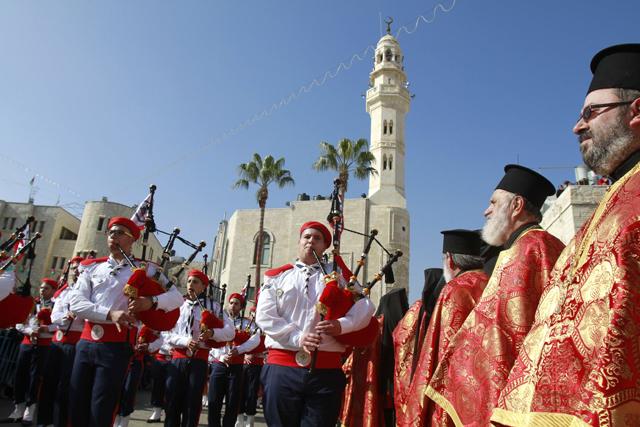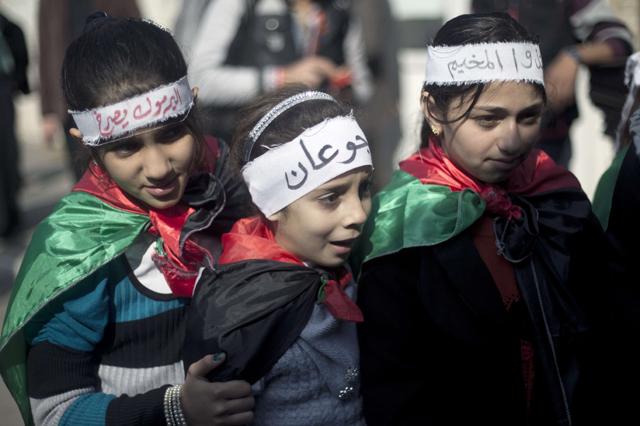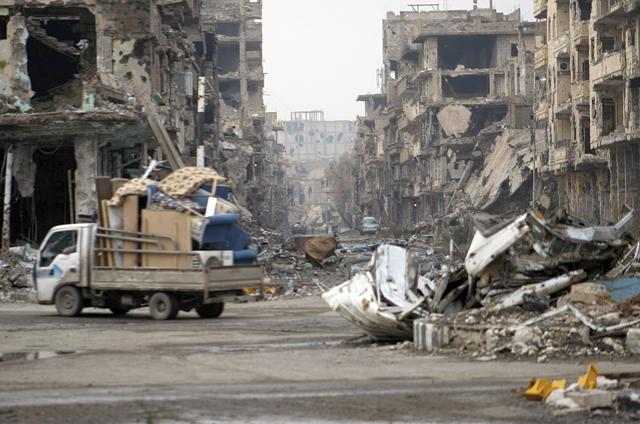TEL AVIV –– Thousands of African asylum seekers demonstrated outside Western embassies in Tel Aviv on Monday in a second day of mass protests against Israel’s immigration policies.
The migrants, primarily from Eritrea and Sudan, marched from downtown Tel Aviv to the embassies, calling for help in the face of Israel’s refusal to give them refugee status and its detention without trial of hundreds of asylum seekers.
A police spokesman said the march by some 10,000 migrants was coordinated with police and there were no disturbances.
Under legislation passed on December 10, authorities can detain illegal immigrants entering Israel for up to a year without trial.
A sprawling detention facility has been opened in the Negev Desert to house both them and immigrants already in the country deemed to have disturbed public order.
The demonstrators marched past the Israeli office of the UN High Commissioner for Refugees, chanting “Wake up UN”.
The UNHCR has not been responsible for determining the refugee status of asylum seekers in Israel since 2009, when that authority was transferred to the interior ministry.
UNHCR official Sharon Harel said Israel had not approved a single request for refugee status in all of last year, although an interior ministry spokeswoman told AFP it had granted 10.
Harel said the asylum seekers already in Israel — 14,000 from Eritrea and 36,000 from Sudan — received collective protection on arrival and were not returned to their countries of origin.
But the UNHCR condemned Israel for not affording “those with protection needs” with “access to refugee status determination”, defining them as “infiltrators” without “taking into account the reasons why they had to flee from their country of origin”.
The interior ministry rejected the UN criticism, insisting “all the requests for asylum are examined by the population and immigration authority”.
“Any foreign national who has requested political asylum in Israel is protected from expulsion until the examination of their request has been completed”, it said.
The right-leaning government has made removal of African migrants who slipped across the desert border with Egypt before the completion of a high-tech barrier last year a priority.
It says their presence in Israel threatens its Jewish character.
Tens of thousands of African migrants held a mass rally in central Tel Aviv on Sunday to mark the launch of a three-day nationwide strike.

















